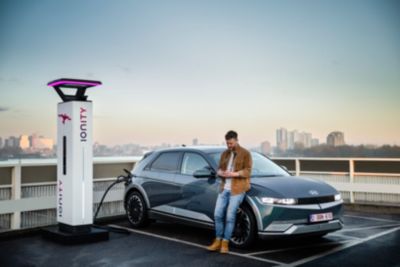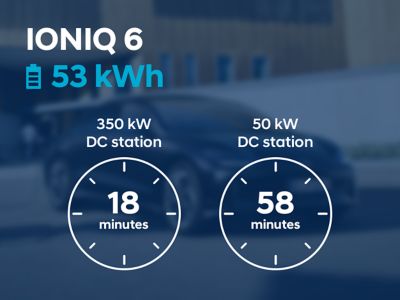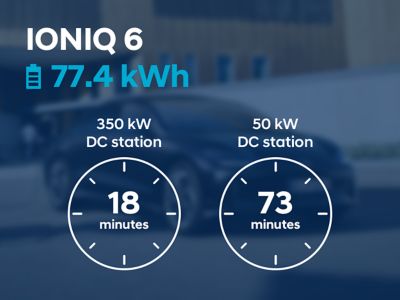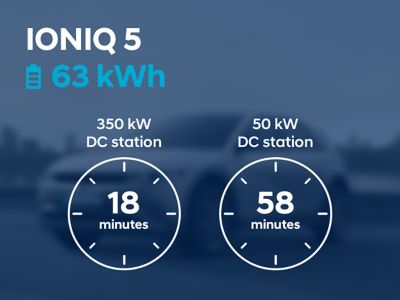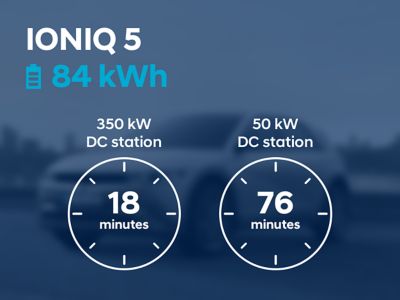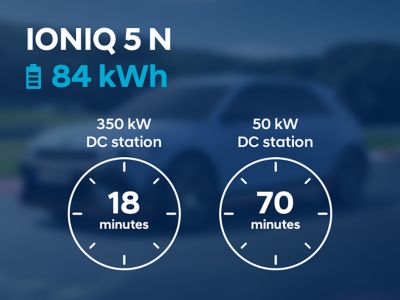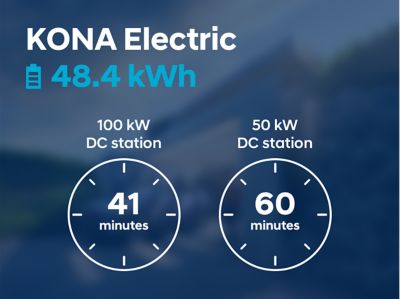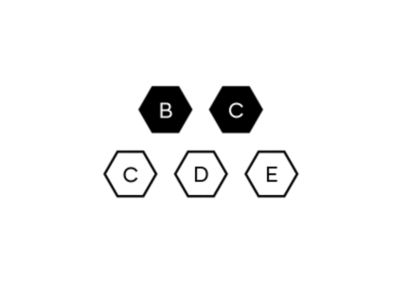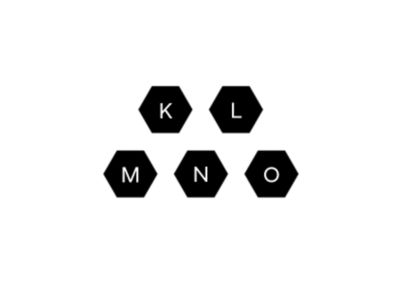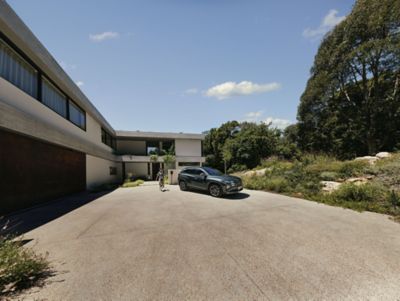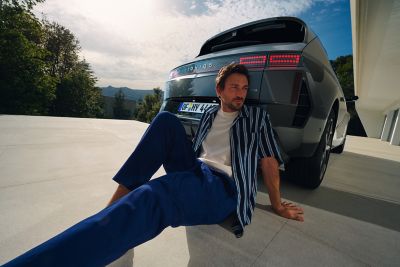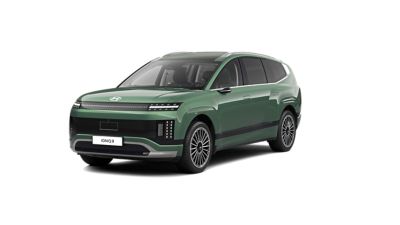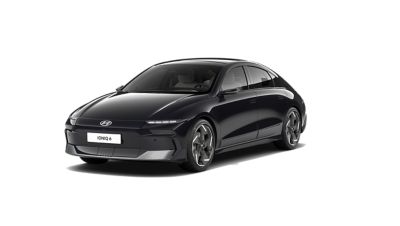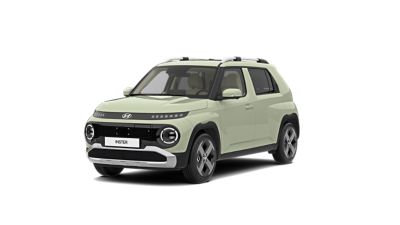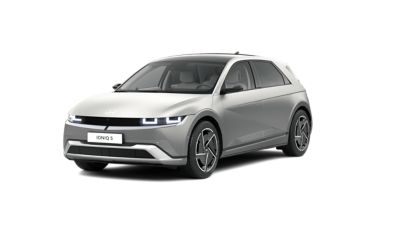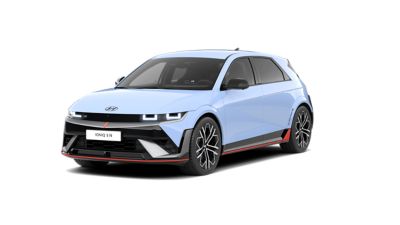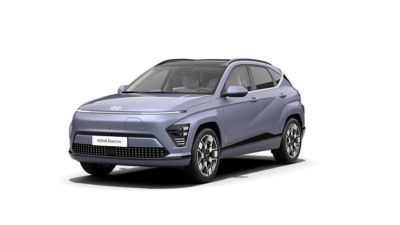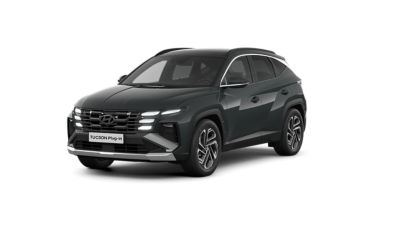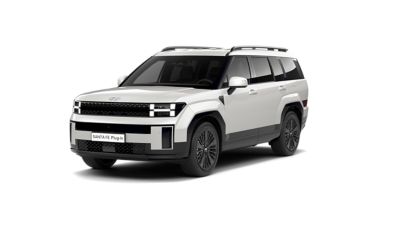Fast and easy public charging.
With Charge myHyundai providing access to over more than 750,000 charge points in Europe including to IONITY’s high power charging network with chargers up to 350 kW charging capacity, public charging has never been easier.
Charging times
DC charging times for our electric vehicles.
Cables & Plugs
Explore the various types of charging cables.
Easy fit. New labels show plug compatibility.
Travelling across borders with an EV.
Charge myHyundai.
Charge myHyundai – easy-to-use public charging.

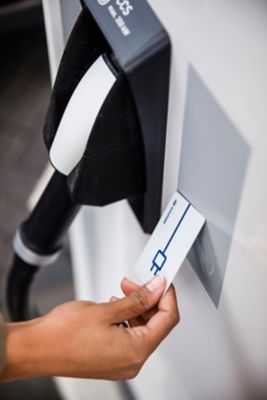
Feeding 100% green electricity into the grid.
Discover more about our electric vehicles.
Discover our electrified vehicles.
*Range shown is according to WLTP combined cycle. Driving range may vary slightly depending on road conditions, your driving style and the temperature. It is also is dependent on the type of tyres equipped. Technical data not final.
** Charging time is based on charging with on 32A wallbox and 3.3 kW OBC. Charging times may vary depending on available charging conditions, including charger type and condition, battery temperature and ambient temperature at point of use.
*** This model is not yet available for sale. Official technical data and range of this model are pending final homologation.
